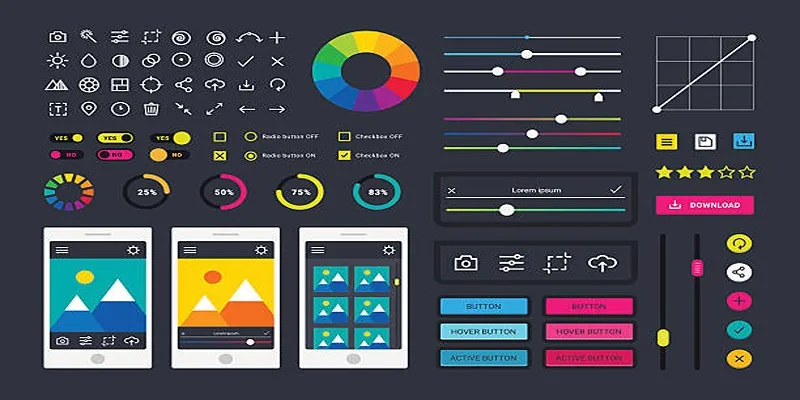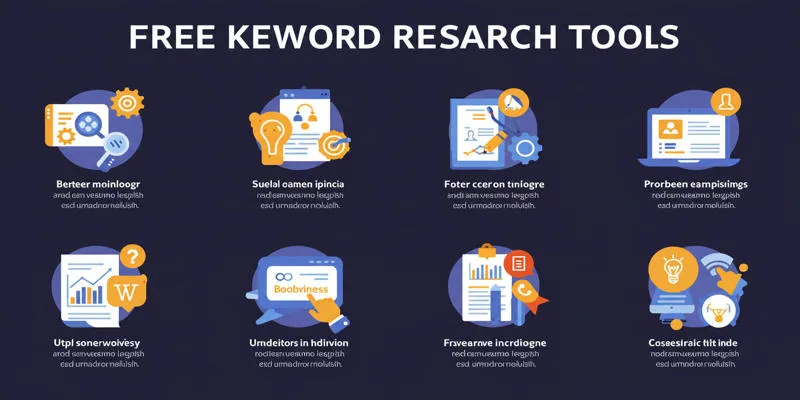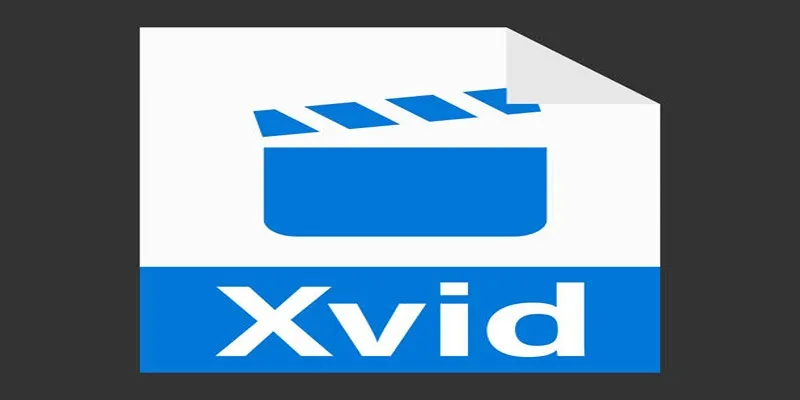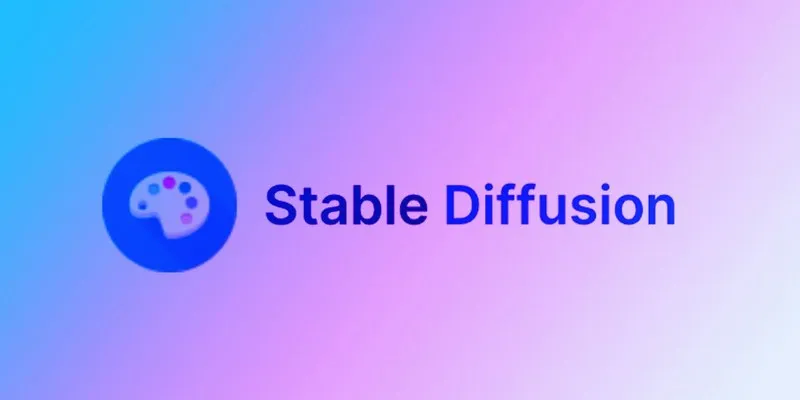Top Picks for 1920x1080 Image Converters: An In-Depth Review
Resizing images to 1920x1080 resolution ensures high quality and compatibility with various screens. Whether for presentations, social media, or video applications, using the right tools allows efficient image resizing. This guide explores the top tools for converting images to 1920x1080 resolution, offering user-friendly interfaces and reliable performance for both beginners and professionals. Discover the ideal solution for your image resizing needs.
What is 1920x1080 Image Conversion?

Before diving into the tools, it’s essential to understand what 1920x1080 image conversion entails. This process involves resizing images to the standard resolution of 1920 by 1080 pixels, commonly referred to as Full HD or FHD. This resolution is frequently used in screens, laptops, TVs, and smartphones. The conversion ensures images maintain clarity and quality while being suitable for display across various devices.
Factors to Consider When Choosing an Image Converter
When selecting an image converter for 1920x1080 resolution, consider the following factors:
- Quality: The tool should maintain the image’s sharpness, colors, and overall appearance after resizing.
- Speed: Efficiently handling large batch conversions without compromising quality is crucial.
- User-friendliness: A simple interface and easy instructions are vital for users without advanced technical knowledge.
- Features: Some converters offer additional features like cropping, rotating, or adding filters. Assess if these are necessary for your needs.
1. Adobe Photoshop
Adobe Photoshop is a widely-used image editing application known for its versatility. Users can resize images to specific dimensions, although it requires some learning effort. Despite the learning curve, its numerous features make it a leading choice for professionals.
Pros
- High-quality conversions: Maintains image integrity during resizing.
- Versatile: Offers advanced features such as color correction and retouching.
Cons
- Expensive: As an industry-standard tool, it comes with a high price tag.
2. GIMP
GIMP (GNU Image Manipulation Program) is a free, open-source alternative to Photoshop, offering similar features, including image resizing.
Pros
- Free: Completely free to use.
- Large community support: Plenty of online resources and tutorials are available for beginners.
Cons
- Steep learning curve: Requires time to learn all features effectively.
3. PhotoBulk

PhotoBulk is a bulk image editing tool that simplifies batch resizing with an easy-to-use interface, making it ideal for beginners.
Pros
- Easy to use: Drag-and-drop function and user-friendly interface for quick resizing.
- Speedy conversions: Resizes hundreds of images in minutes without quality loss.
Cons
- Limited features: Only offers basic editing options like resizing and compressing.
4. Canva
Canva is an online graphic design platform popular among social media users and small businesses. It offers image resizing and a vast collection of templates, fonts, and graphics.
Pros
- User-friendly: Simple drag-and-drop interface for quick resizing.
- Additional design features: Offers design features such as filters, backgrounds, and text options.
Cons
- Limited free options: Many advanced features require a paid subscription.
5. Paint.NET
Paint.NET is a free image editing software with straightforward tools for resizing and cropping images, suitable for basic editing needs.
Pros
- Free: Completely free to use.
- Simple and fast: Minimalist interface for quick basic resizing tasks.
Cons
- Limited features: Lacks advanced features like color correction or filters.
6. PIXLR
PIXLR is a free online image editor with resizing capabilities and additional editing features. Available as both a web-based version and a mobile app, it’s convenient for users on the go.
Pros
- Free: Basic functionality is free, while advanced features require a subscription.
- Mobile-friendly: Resize images directly from a smartphone or tablet.
Cons
- Limited features in free version: May have fewer options compared to the paid subscription.
7. Preview (Mac)
Preview is a built-in image viewer and editor for Mac users, offering basic resizing capabilities. It’s convenient for those requiring only essential editing functions.
Pros
- User-friendly: Familiar interface makes resizing easy without technical knowledge.
- Native to Mac: Readily available for all Mac users at no extra cost.
Cons
- Limited features: Lacks advanced features found in professional software.
Conclusion
Choosing the right image converter for 1920x1080 resolution depends on your specific needs and preferences. While tools like Adobe Photoshop are ideal for professionals, there are numerous free or affordable options that offer high- quality resizing. Opt for a user-friendly tool with a quick conversion process to achieve the desired results efficiently. Whether resizing images for social media, website design, or print materials, there is a suitable image converter available to meet your needs.
Related Articles

Top Tools for Effortless Batch Image Resizing in 2025

Top 7 Background Removal Tools for Clean E-Signatures

Top 4 Vertical Video Editors to Edit Vertical Videos Quickly

LightCut 2025 Review: The Best Video Editor for Android and iPhone

Top 7 UI/UX Design Tools Every Designer Should Know

How to Easily Edit and Trim Videos on Your Android Devices

From Raw to Cinematic: Top Editing Software for DJI Footage

Discover the Best Free and Paid 3D Video Makers for Windows

6 Ways to Automate Security and Identity Tools for a Safer Business

Top Keyword Research Tools

Pixel vs. Dot Explained: Mastering Photo Resolution for Printing

Why You’ll Need a New App to Use Gemini on Your iPhone
Popular Articles

Meta AI vs. ChatGPT: Key Differences and Which Is Better for You

Free Online Screen Recorders with Simple and Fast Export Options

Which Are The Best Database-Powered App Builders for Seamless Development?

Zendesk vs. Intercom: A Clear Comparison for 2025

Best and Most Efficient Ways to Convert FLV

Top Tools to Convert MP4 to XviD Online and Offline

Click, Commit, Push: 5 Best Git GUI Clients in 2025

MPEG to MP3 Conversion Made Easy: A Complete Guide

How to Use Stable Diffusion to Create AI-Generated Images: A Beginner’s Guide

How To Achieve Your Fundraising Goals Using Donately

Best AI Anime Upscalers Reviewed: Which One Stands Out?

 mww2
mww2